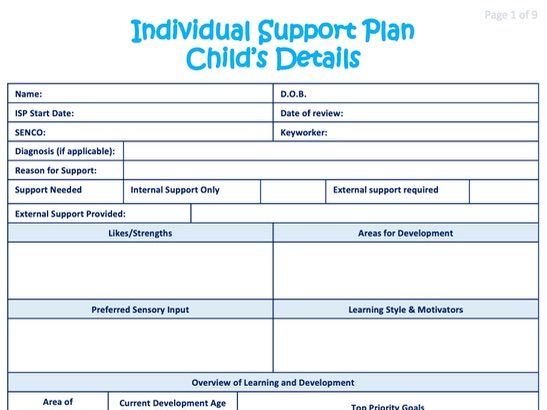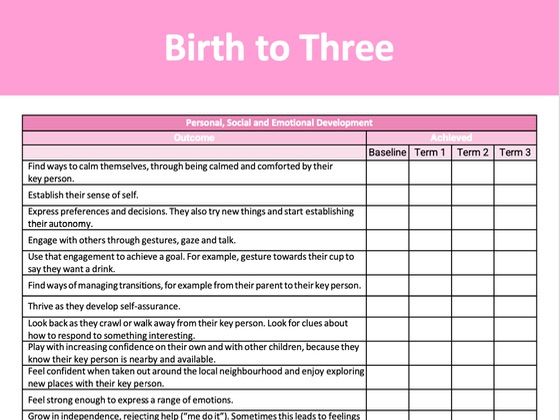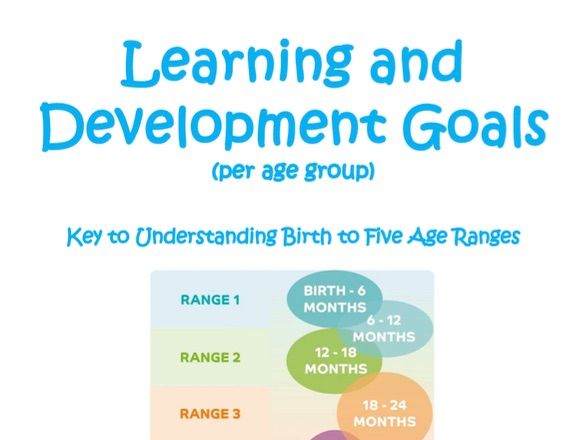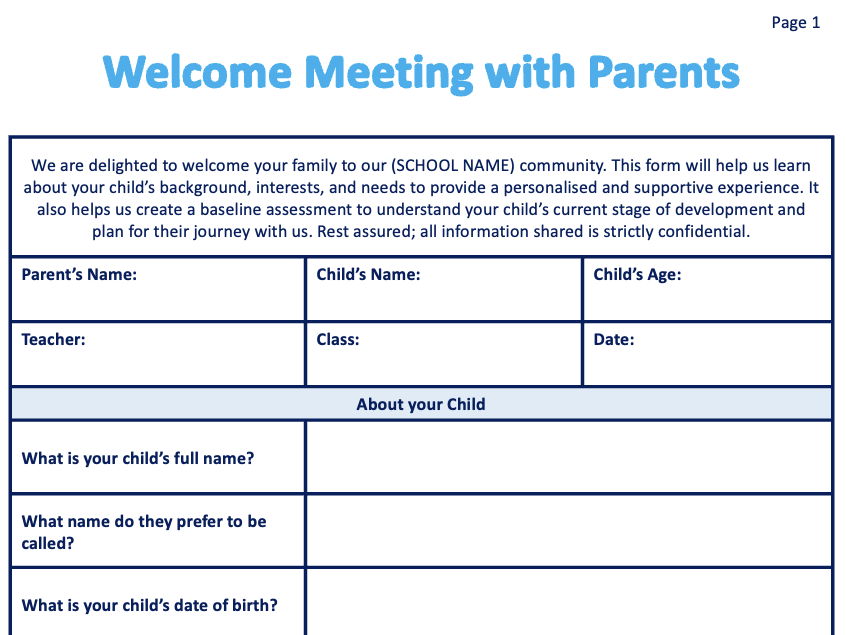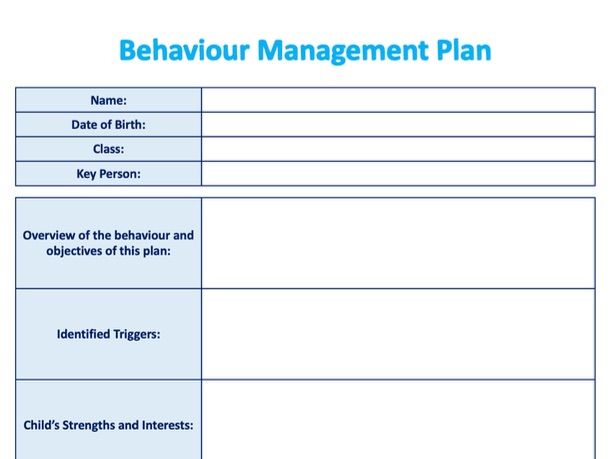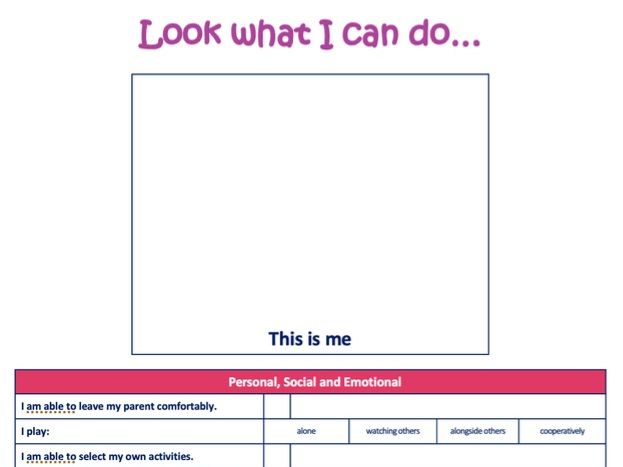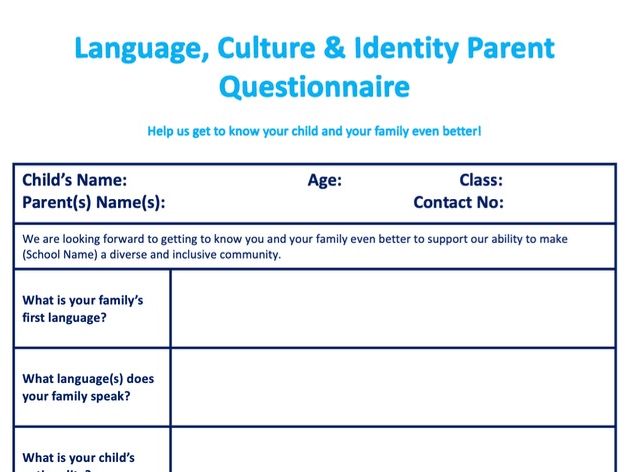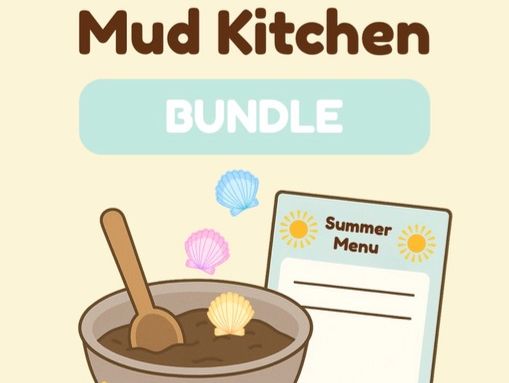18Uploads
6k+Views
211Downloads
All resources

End of term report template (EYFS)
An EYFS End of Term report which can be sent to parents and highlights child’s ability level in each of the seven areas. Easy to read and includes boxes to include information about what each individual child has enjoyed during the term, a note from the teacher and opportunity to include a photo. Great to clearly see progress throughout the year and highlights areas which need more support.

Missing number caterpillars
Develop understanding of number order and one more/one less by filling in the missing numbers on the caterpillars.

Playdough recipe poster (child friendly)
Playdough recipe poster - can be used in schools, nurseries or at home. Who doesn’t love homemade playdough?
Also included is a playdough recipe which can be followed to be children. Use to develop skills such as: following instructions, recognising numerals and counting. Simple instructions can be read by children independently or with some adult support, depending on age and ability.

What's your name exercises
Complete daily exercises by spelling out your name or other words. PDF version and editable Word version available. Change exercises to meet your student’s physical development needs.
Resource can be used to develop early letter recognition and early reading skills through fun and active games.
Example Activity: Can be used as a whole group social distancing phonics activity - children can complete exercises by spelling out a word or sentence of the day while staying the recommended distance apart.

Phonics - Phase 2 support
Phonics Phase 2 support includes visual aids to highlight initial sound, an odd one out activity for each letter, a reading exercise to develop early reading skills and a letter writing template with Read, Write Inc rhyme.
Great resource to develop phonic skills!

Topic Map template
Topic map template to highlight planned activities in each of the seven areas of the EYFS.
Great resource to share with parents as is easy to understand and read.
Opportunity to add an introduction to the topic, Pupil’s Voice (what do your children want to learn about and explore) and special days and events that will be arranged for the term.

Construction area display posters
Story themed construction area display posters
Add inspiration and challenge to your construction area with these STEM inspired construction display posters.
Can we build a bridge to help the ‘Three Billy Goats Gruff’ cross the river?

Home learning support
Now, more than ever, it is important that parents and carers feel confident to support their child’s learning and development at home. With children returning to school and some remaining at home it is important that all children are able to stay on track with their development.
This document can be provided to parents, carers or even teachers and teaching assistants who are in charge of bubbles of reception children. It covers the seven areas of the EYFS and includes ways in which a child’s learning and development can be supported in fun and simple ways while socially distancing at home or in small bubble groups at school. It also highlights the 40-60 month and Early Learning Goal objectives for each learning area. Allowing parents, teachers and assists to reflect and assess a child’s development during these uncertain times.
Includes an editable word document and PDF version of the resource.
(Please note: There is a brief introduction to the phonics scheme used at school at the start of the literacy section. This can be edited to reflect your school’s Phonic Scheme.)
Happy socially distanced learning!

Christmas Colour and Count
Christmas inspired workbook to develop number recognition, counting and pencil control skills while getting into the festive spirit.
Covering number 1-20.
Can be used as part of your continuous provision or even a focus activity.

Trace and Colour
Get into the festive spirit by using this Christmas inspired trace and colour workbook.
Can be used to teach:
Letter recognition
Understanding of initial letters
Pencil control
Early reading and writing skills
Use this resource as part of your Christmas continuous provision or even as focus activity.

Individual Support Plan - Inclusion
Individual Support Plan for Early Years: A comprehensive resource featuring sections for child details, parental input, communication, goals, tracking, and evaluation.
This Individual Support Plan (ISP) is designed to offer tailored, holistic support for children with additional or specific needs across educational or care settings. It functions as both a planning and tracking document that ensures consistent, collaborative, and measurable interventions.
Key Sections:
Child Details
Includes essential information such as name, date of birth, age, setting/class, identified needs, and any relevant background or contextual information.
Parent Partnership
Encourages a collaborative relationship with parents/carers, capturing their insights, concerns, aspirations, and feedback. This section fosters shared decision-making and consistent support between home and setting.
Communication Log
Tracks all relevant communications between staff, parents, and external professionals. It ensures transparency, continuity, and a chronological record of discussions and updates.
Specialist Support
Documents involvement from external agencies or professionals such as speech and language therapists, occupational therapists, educational psychologists, or SEND coordinators. It outlines support strategies, recommendations, and follow-up actions.
SMART Goals
Sets clear, Specific, Measurable, Achievable, Relevant, and Time-bound goals tailored to the child’s developmental needs. This section supports targeted planning and progress tracking.
Weekly Focus Overviews
Breaks down termly or half-termly targets into weekly focus areas to ensure manageable, incremental progress. These overviews link to SMART goals and inform planning.
Tracking Log
Provides a structured way to record ongoing progress toward SMART goals and weekly focuses. It can include ratings, milestones achieved, and observational notes.
Weekly Observation Notes
Offers space for educators or support staff to capture qualitative insights into the child’s learning, behavior, engagement, and social interaction. These notes help contextualize progress and challenges.
Continuous Provision
Details the strategies, resources, and adaptations embedded in the environment to support the child daily. It shows how inclusive provision is maintained in practice.
Evaluation and Future Action
A reflective section where staff assess the effectiveness of current strategies and interventions. It identifies what has worked, what needs adjustment, and plans next steps or referrals.
This resource supports a cycle of assess–plan–do–review and is ideal for settings seeking a structured yet flexible way to personalize learning and support for children.

EYFS Progress Tracking
Track EYFS development from baseline to Term 3, covering Birth to ELGs. A clear, structured sheet for monitoring individual child progress.
This EYFS Progress Tracking Sheet is designed to help early years practitioners systematically observe, record, and reflect on each child’s development throughout the academic year, from initial baseline assessments to end-of-year outcomes aligned with the Early Learning Goals (ELGs).
The sheet is organized to cover all seven areas of the EYFS framework, allowing practitioners to track progress from birth-to-three milestones through to the Reception-level ELGs. It includes clearly defined columns for recording development at four key checkpoints:
Baseline (start of the year)
Term 1
Term 2
Term 3 (end-of-year review)
Each area of learning is broken down for targeted observations and assessment.
The format supports ongoing formative assessment, ensuring practitioners can identify gaps in learning, plan next steps, and communicate progress effectively with parents and carers. It’s also valuable for internal moderation and inspection readiness, providing a clear visual journey of each child’s developmental path.

Birth to Five Learning Goals
Learning & Development Goals – Range 1 to Early Learning Goals | Editable Teacher Tool
This Learning and Development Goals document is a comprehensive and practical resource designed to give early years educators a clear overview of expected learning outcomes across the EYFS framework, from Range 1 (birth) through to the Early Learning Goals.
Based on the Birth to Five Matters and EYFS guidance, this tool helps practitioners understand age-appropriate expectations across all areas of learning and development. It’s ideal for curriculum planning, observation focus, setting learning intentions, and tracking progress.
The document is fully editable, allowing teachers to:
Copy and paste specific learning goals into planning or reports
Adapt language to suit their setting or framework
Tailor goals to meet the needs of individual children or age groups
Perfect for key workers, curriculum leads, and SENCOs, this resource supports clarity, consistency, and confidence in early years practice. It’s also a great reference tool for training new staff or supporting professional development.

Welcome Interview with Parents/Guardians
Welcome Interview with Parents/Guardians – Building Strong Home-School Partnerships from the Start
This Welcome Interview template is a valuable tool for schools and early years settings to build meaningful connections with families at the start of a child’s journey. Designed to guide initial conversations with parents or guardians, the interview helps educators gather important information about the child’s background, interests, routines, and support needs.
By using this resource, teachers can create a welcoming environment where parents feel heard and involved, and where each child’s individual experiences are understood and respected from day one.
Ideal for settling-in meetings or home visits, this editable template promotes strong communication and trust between families and staff, laying the foundation for a successful and inclusive school experience.

Behaviour Management Plan Template
Behaviour Management Plan – Editable & Practical Tool for EYFS and Primary Settings
This editable Behaviour Management Plan is a supportive, easy-to-use tool designed to help educators take a consistent, thoughtful approach to understanding and responding to challenging behaviours in young children.
Ideal for nursery and school settings, especially where multiple staff or cover teachers are involved, this plan ensures that everyone working with the child has a clear, shared understanding of the strategies in place. It allows teachers to reflect on key factors that may influence behaviour, set clear goals, and implement consistent techniques that align with the child’s individual needs.
The template provides structured sections for practitioners to record observations, outline support strategies, and work collaboratively with families, making it a valuable document for planning and review meetings.
Whether used by key workers, SENCOs, or senior leaders, this plan promotes clarity, continuity, and a child-centred approach to behaviour support. It’s a practical resource for fostering consistency across the team and ensuring that all adults are working together with a unified approach.
A must-have for any early years or primary setting looking to strengthen their behaviour support systems while keeping documentation purposeful and person-focused.

Editable Early Years Baseline Assessment
Editable EYFS Baseline Assessment Template for under 2s and 2–5 years. Covers all learning areas and allows teacher personalisation.
This Editable Baseline Assessment Template is designed to support early years practitioners in accurately recording and evaluating children’s developmental starting points across all EYFS learning areas. It includes two versions:
Baseline Assessment 1: For children under 2 years
Baseline Assessment 2: For children aged 2–5 years
Templates are aligned with the EYFS framework and cover the seven areas of learning:
Personal, Social and Emotional Development (PSED)
Communication and Language
Physical Development
Literacy
Mathematics
Understanding the World
Expressive Arts and Design
Each section is clearly laid out, allowing educators to make observations, record developmental levels, and note individual strengths or areas needing support.
The templates are fully editable, giving teachers the flexibility to:
Add setting-specific language or goals
Tailor assessment comments to their cohort
Include personal targets or next steps
These templates are ideal for use during the child’s settling-in period and provide a strong foundation for tracking progress throughout the year. They also support meaningful conversations with parents and can be used as part of ongoing documentation or inspection preparation.

Language, Culture and Identity Feedback
Language, Culture & Identity Questionnaire – For Parents | Promote Inclusivity from Day One
This Language, Culture and Identity Questionnaire is a powerful tool for early years and primary educators seeking to create inclusive, culturally responsive learning environments.
Designed for parents to complete ahead of a new term, the questionnaire helps teachers gain meaningful insight into each child’s home language, cultural background, traditions, and values. It encourages families to share what makes their child unique, helping you reflect those identities in your classroom setup, stories, celebrations, and daily interactions.
Perfect for diverse settings, this resource supports:
Culturally inclusive planning
Language development and EAL support
Stronger home–school connections
A welcoming environment where all children feel seen and valued
Whether you’re a teacher, SENCO, or school leader, this tool lays the foundation for truly inclusive practice and meaningful parent engagement from the very beginning of the school year.

Summer Mud Kitchen Bundle
Summer Mud Kitchen Bundle | Printable Recipe Cards, Menu & Creative Play Resources
Bring sunshine and imagination to your outdoor or sensory play area with this Summer Mud Kitchen Bundle! Designed for early years and primary classrooms, this resource pack includes everything you need to spark rich, open-ended play while supporting key areas of development.
This bundle features:
5 playful mud kitchen recipes with ingredient cards and simple directions
A Mud Kitchen Menu to inspire pretend café play
A resource list to help you set up your mud kitchen with ease
Blank recipe and menu templates for children (or adults) to create their own ideas
Fill-in spaces to write numbers for ingredients — ideal for numeral recognition and counting
Whether you’re a teacher setting up a role-play area, or a parent encouraging imaginative outdoor play, this resource supports holistic child development through:
Literacy – reading, writing, mark making
Mathematics – counting, numeral recognition, number writing
Understanding the World – connecting with nature, sensory exploration
Expressive Arts and Design – creativity, inventing recipes, role play
Communication and Language – following instructions, vocabulary building
Print, play, and watch children’s creativity bloom as they mix up mud smoothies, flower soups, and beach-inspired treats — or create their own!











